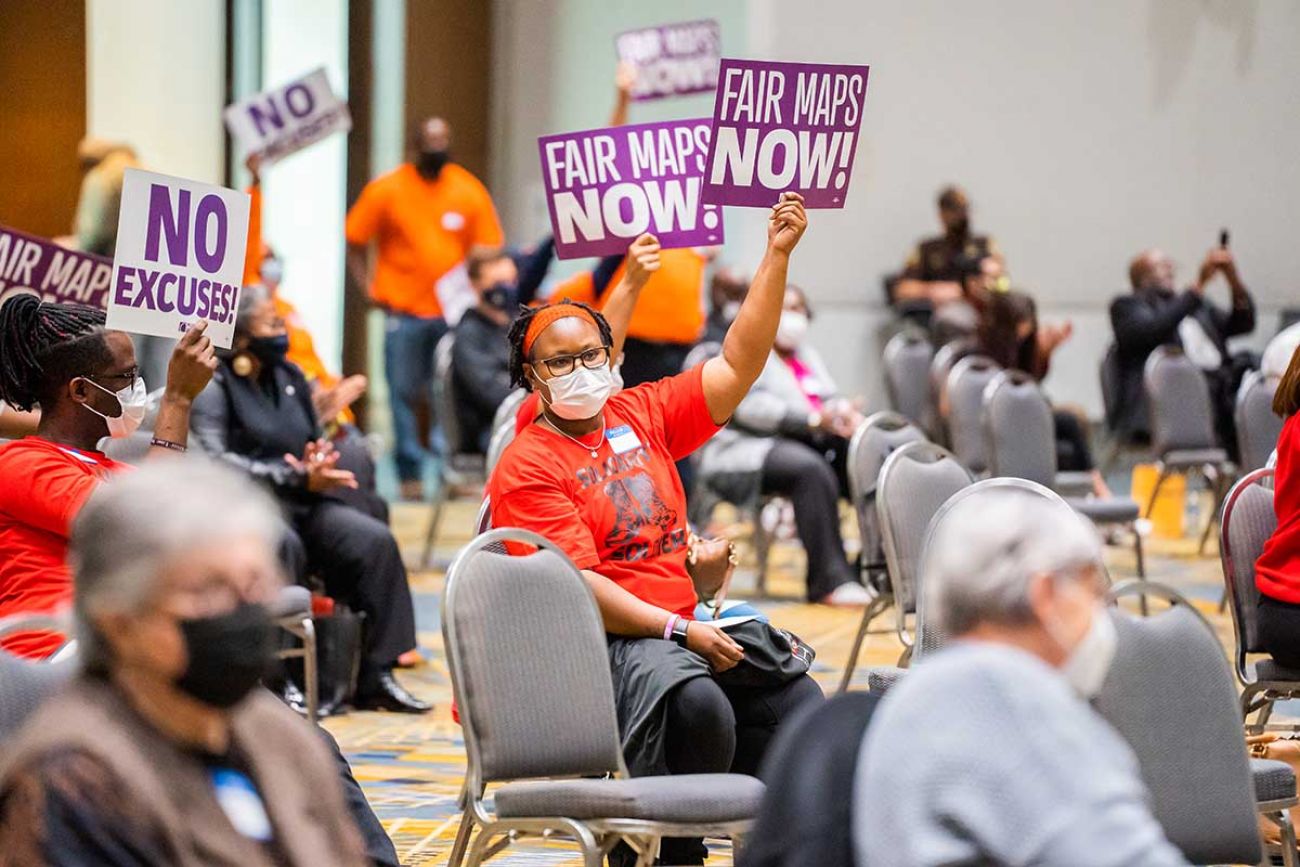The U.S. Supreme Court denied Michigan’s Independent Citizens Redistricting Commission (MICRC) plea to stop a district court order redrawing legislative districts today.

Supreme Court Faces Showdown Over Racial Gerrymandering
A three-judge district court panel nominated by Republican presidents found 13 Detroit-area Michigan House and Senate districts illegal racial gerrymanders in December 2023 in response to a federal lawsuit by Black voters. Without finding Voting Rights Act claims, the panel ruled that the Commission predominantly established districts on race, breaching the 14th Amendment’s Equal Protection Clause.
The MICRC petitioned the U.S. Supreme Court for an emergency delay on the lower court’s ruling under federal law. For voluntary compliance, the MICRC cited the Voting Rights Act and racial gerrymandering precedents. Section 2 of the VRA requires race-conscious redistricting in some cases, but the three-judge decision disagreed.
READ ALSO: Securing Tomorrow: The Urgency of Comprehensive Cybersecurity Legislation in the US
Secretary of State’s Role Sparks Legal Showdown
Jocelyn Benson (D), Michigan Secretary of State, helped the MICRC get the Court to recognize Section 2 compliance. John Bursch, the plaintiffs’ counsel, contested the MICRC’s move as premature involvement in lower court procedures. The MICRC must redraw seven Michigan House districts by February 2 after the Supreme Court denied its motion. After public feedback, the commission will submit a revised map by March 1 and the court will choose a final plan by March 29.
If the MICRC‘s plan is challenged, a district court-appointed redistricting expert may offer alternate legislative districts. A later court order will set the illegal Senate district schedule.
This critical step in Michigan’s redistricting process has sparked court challenges over racial gerrymandering. The U.S. Supreme Court‘s decision requires the MICRC to rapidly address House district issues, demonstrating the continuous influence of legal and constitutional factors on election lines.
READ ALSO: DeSantis Eyes White House: Shifts Focus to South Carolina, Leaving New Hampshire Behind




